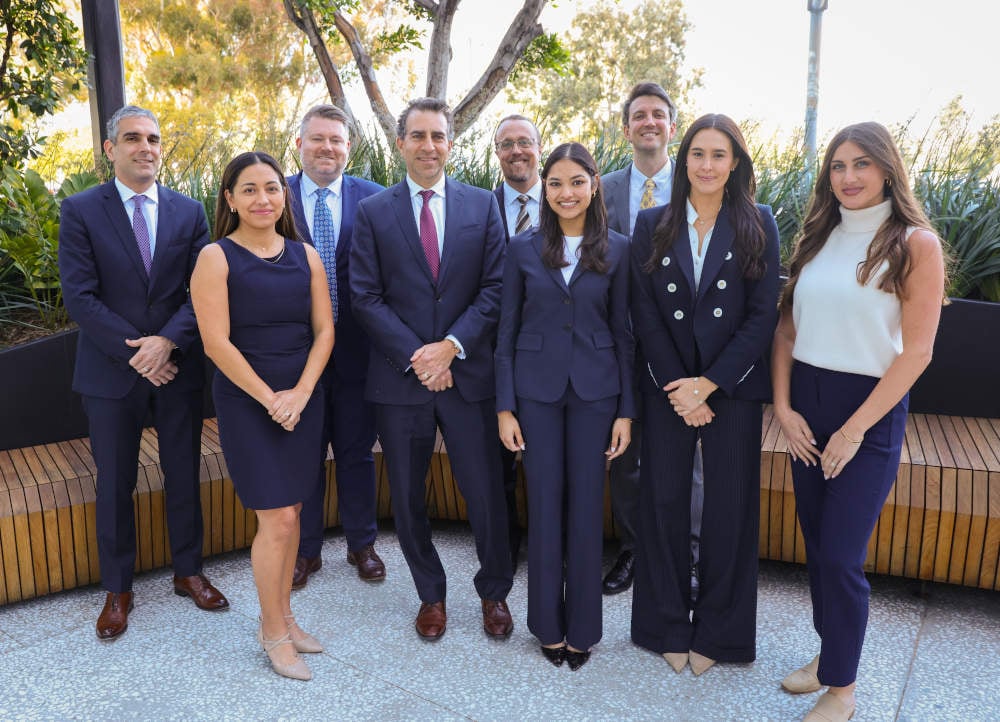Answers To Commonly Asked Questions About Workplace Sexual Abuse And Assault
Sexual harassment occurs in workplaces across California every day. And while it is less often discussed publicly, some of these cases escalate to sexual assault and rape. If you’ve been a victim of workplace sexual assault, please understand that you are not alone and that you have legal options.
On this page, we’ve answered some of the questions our attorneys are asked most often by survivors of workplace sexual abuse. If you have additional questions or want to better understand your legal options, please contact Makarem & Associates for a free and confidential consultation with our experienced and caring employment law attorneys.
When does workplace sexual harassment become criminal sexual assault in California?
Sexual harassment often involves inappropriate comments, questions and gestures. These are certainly wrong and cause harm to the victim, but they typically are not violations of criminal law. Physical contact is often the clear line of demarcation between harassment and assault.
In California, sexual assault (also called sexual battery) occurs when a perpetrator touches a victim’s intimate parts against the victim’s will and for the purpose of sexual gratification. The criminal element becomes even clearer if the defendant restrains the victim somehow, such as by obstructing their path out of a copy room or other small space.
There are, sadly, even more egregious forms of sexual assault and rape that occur in office environments as well.
What legal actions can I take if I’ve been sexually assaulted at work?
You should contact your local police department to file a report. If you need immediate assistance, call 911. It’s crucial to report the assault as soon as you feel safe to do so, as timely reporting can be critical to an investigation.
You also have the option to file a civil lawsuit against the perpetrator and potentially your employer if the environment and/or office culture allowed the assault to occur.
What are the differences between a criminal prosecution and a civil lawsuit in cases of sexual assault?
A criminal case is pursued by the state to penalize the perpetrator for breaking the law, which could lead to imprisonment. A civil lawsuit is a case you can initiate to seek monetary compensation for damages you’ve suffered due to the assault.
These are two different justice systems (criminal and civil), so a decision in one area doesn’t necessarily limit options in the other. Even if the perpetrator is not found guilty in a criminal court, for instance, you can still pursue a civil case against the perpetrator and your employer. The standard of proof is lower in civil cases, and you may be able to win a civil case even if a criminal conviction is not achieved.
Will pursuing legal action for sexual abuse cost me my job?
It is illegal for employers to retaliate against you for reporting a crime or for seeking justice through the legal system. If you are mistreated or lose your job as a result of reporting sexual assault, you likely have additional legal claims against your employer for retaliation and/or wrongful termination.
Is my employer liable if I was assaulted by a coworker outside of the office?
It will depend on the details, but there are scenarios in which your employer could be held liable. Say, for instance, that a coworker got drunk and assaulted you at your company’s holiday party, held at a local bar. The company paid for unlimited drinks, the event was work-sponsored and your employer failed to take steps to limit the possibility of overconsumption of alcohol. This is just one of many scenarios in which the company could reasonably be held liable for sexual assault.
What kind of evidence should I collect if I want to take legal action?
Collect any relevant emails, messages, or written communications. Keep a detailed record of the incidents, including dates, times, locations, and witnesses. Medical records and photographs of any physical injuries can also be important.
Discuss Your Case With Attorneys Who Listen And Care
Makarem & Associates serves clients throughout the greater Los Angeles Metro Area. To request your free and confidential consultation, you can contact us online or call 800-610-9646.









